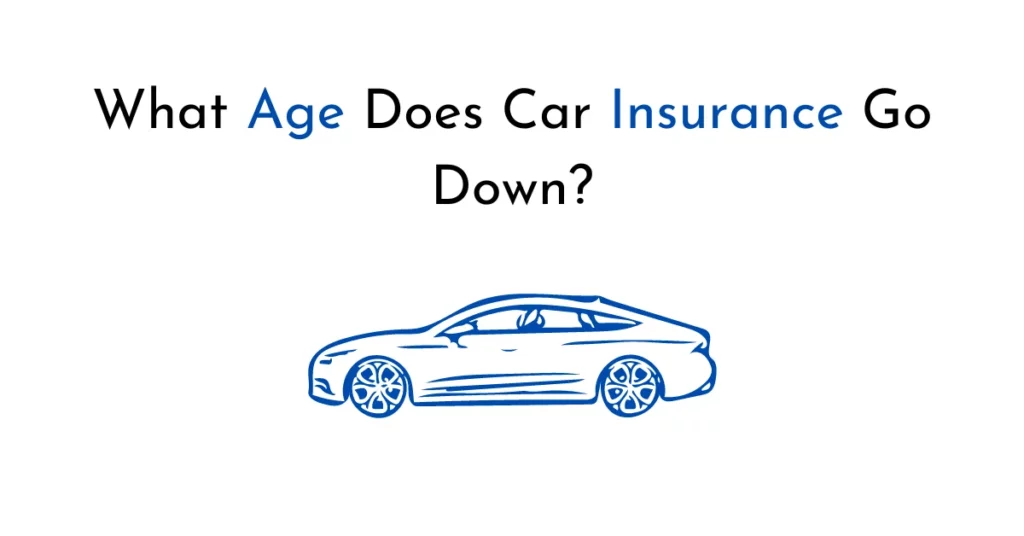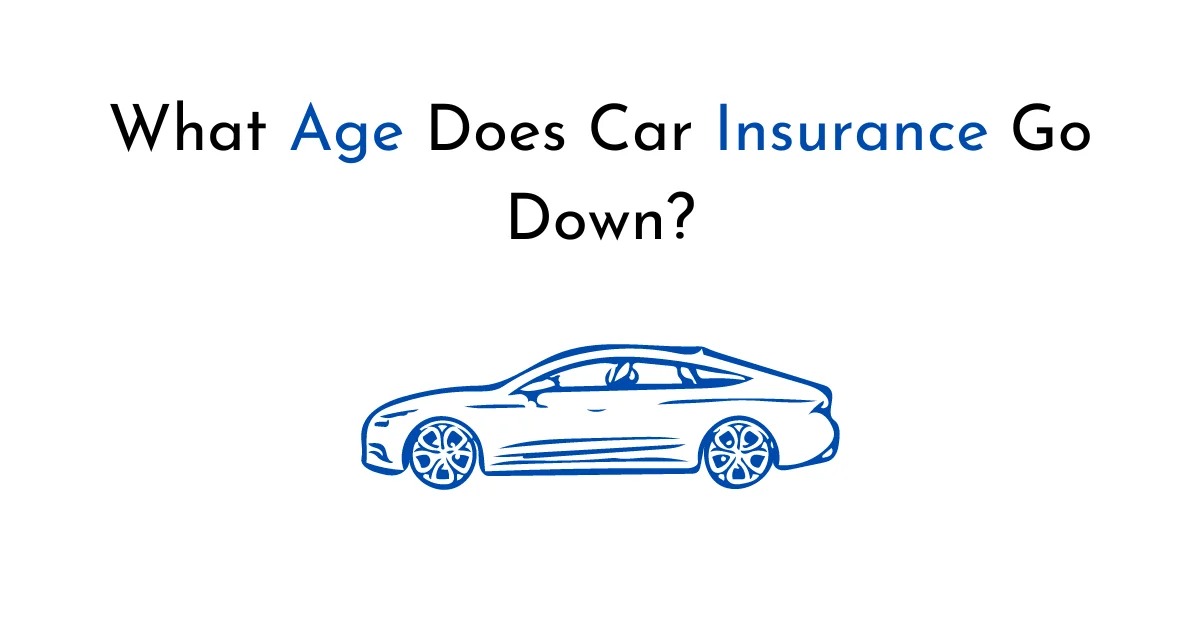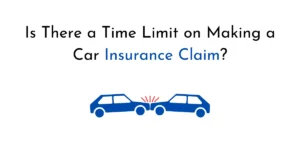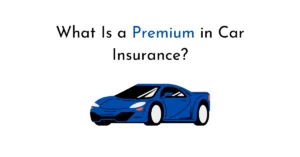As a driver, one question that often comes to mind is when car insurance rates start to decrease. Car insurance premiums can vary based on several factors, including age.
Understanding at what age car insurance tends to go down can help you plan your insurance budget accordingly.
In this comprehensive guide, we’ll explore the factors that influence car insurance rates, when insurance typically becomes more affordable, and other considerations to keep in mind.

Factors Affecting Car Insurance Rates
Before delving into the age at which car insurance premiums tend to decrease, it’s important to understand the various factors that influence insurance rates. Insurance companies consider the following key factors when determining the cost of your car insurance:
- Age: Age is one of the primary factors affecting car insurance rates. Younger, less experienced drivers generally pay higher premiums due to their higher risk profile.
- Driving Experience: The number of years you’ve been licensed and your driving record play a significant role in determining insurance rates. Drivers with more experience and a clean driving record are often considered lower risk and may enjoy lower premiums.
- Type of Vehicle: The make, model, year, and safety features of your vehicle can impact insurance rates. Vehicles with advanced safety features and lower theft rates may attract lower premiums.
- Location: Insurance rates can vary based on your geographical location. Areas with higher population densities, higher rates of accidents or theft, or greater exposure to natural disasters may have higher insurance premiums.
- Claims History: Your claims history and insurance record can influence your premiums. If you have a history of accidents or claims, insurance companies may consider you a higher risk and charge higher rates.
- Gender: Gender can also affect insurance rates. Historically, statistics have shown that males tend to have more accidents and higher claim frequencies, leading to higher premiums.
- Credit Score: In some jurisdictions, credit score may be used as a factor in determining insurance rates. A lower credit score can result in higher premiums.
- Coverage and Deductibles: The level of coverage and deductibles you choose can impact your insurance rates. Higher coverage limits and lower deductibles generally lead to higher premiums.
When Does Car Insurance Rates Go Down?
Car insurance rates typically start to decrease around the age of 25. This is because drivers in their mid-20s tend to have more experience and a more established driving record, making them less risky to insure. However, it’s important to note that the exact age at which car insurance rates go down can vary depending on several factors, including the insurance company’s policies and the individual’s driving history.
While the rates may start to decrease around the age of 25, significant decreases may not be experienced until later years. Insurance rates may continue to decrease as you gain more driving experience, maintain a clean driving record, and enter different age brackets.
Other Considerations
Although reaching a certain age may result in lower insurance rates, it’s important to consider other factors that may impact your premiums:
- Driving Record: Regardless of your age, maintaining a clean driving record is crucial for securing lower insurance rates. Avoiding accidents and traffic violations can significantly impact your insurance premiums.
- Continuous Coverage: Maintaining continuous insurance coverage demonstrates responsible behavior and can result in lower premiums. Gaps in coverage or periods without insurance may result in higher rates.
- Insurance Shopping: Regularly shopping around and comparing insurance quotes can help you find the best rates for your age and circumstances. Different insurance companies may have varying policies and discounts, so it’s worth exploring your options.
- Bundle Policies: Consider bundling your car insurance with other policies, such as home or renters insurance, to potentially save on premiums. Many insurance companies offer discounts for bundling multiple policies.
- Defensive Driving Courses: Taking a defensive driving course can showcase your commitment to safe driving and may qualify you for insurance discounts. Check with your insurance provider to see if they offer such discounts.
- Vehicle Choice: The type of vehicle you drive can impact your insurance rates. Generally, older and less expensive cars may have lower insurance premiums compared to newer or high-end vehicles. This is because the cost of repairs and replacement parts for newer cars is usually higher.
- Annual Mileage: The number of miles you drive annually can influence your insurance rates. If you have a lower annual mileage, you may qualify for lower premiums as it indicates less exposure to potential accidents.
Key Takeaway
Car insurance rates generally start to decrease around the age of 25, but the exact age at which rates go down can vary based on individual circumstances and insurance company policies.
Factors such as driving experience, claims history, and maintaining a clean driving record also play significant roles in determining insurance premiums.
Additionally, considerations such as vehicle choice, continuous coverage, and insurance shopping can impact insurance rates at any age. It’s important to review your policy, compare quotes, and explore discounts to find the most affordable coverage for your needs.
FAQs
Q: What age group has the cheapest car insurance?
A: Generally, older drivers, typically in the age range of 50-70, tend to have the cheapest car insurance rates. They have more driving experience and a longer history of maintaining a clean driving record, which insurance companies consider less risky.
Q: Do boys pay higher insurance?
A: On average, young male drivers tend to pay higher car insurance premiums due to higher accident rates. However, as they gain more experience and reach certain age thresholds, their insurance rates may start to decrease.
Q: Are older or newer cars cheaper to insure?
A: Older cars are generally cheaper to insure compared to newer cars. This is because older cars have lower market values and may have less advanced technology, making repairs and replacements less costly.
Q: Why is insurance so high on old cars?
A: Insurance rates on older cars can be higher due to factors such as higher risk of mechanical failures, limited availability of replacement parts, and increased vulnerability to theft or break-ins.
Q: Does credit score affect car insurance?
A: In some jurisdictions, credit score can be a factor that insurance companies consider when determining premiums. A lower credit score may result in higher insurance rates.
Q: Why are some cars more expensive to insure?
A: Some cars are more expensive to insure due to factors such as higher market values, higher repair or replacement costs, increased likelihood of theft, or higher accident rates associated with certain models.



